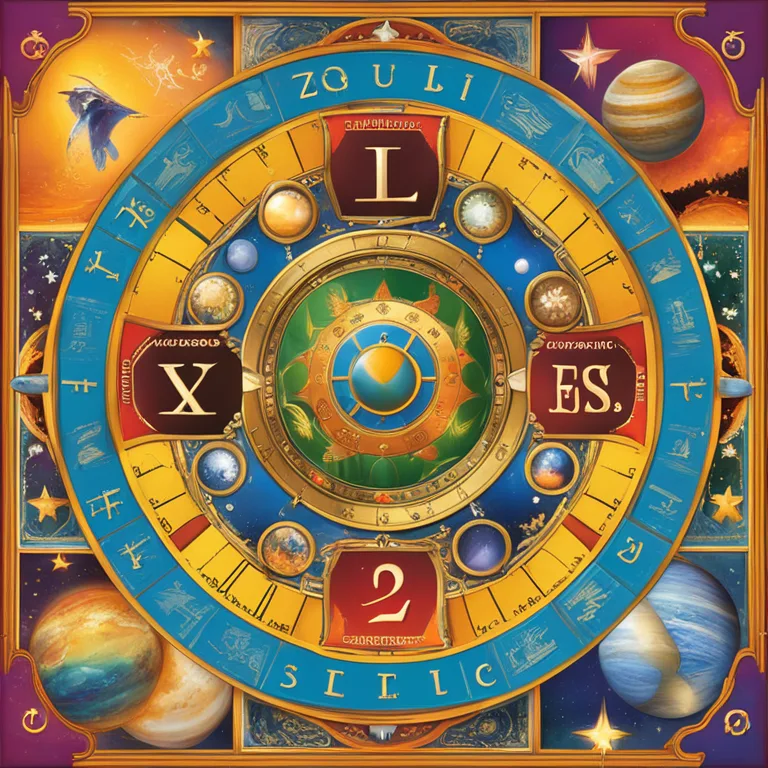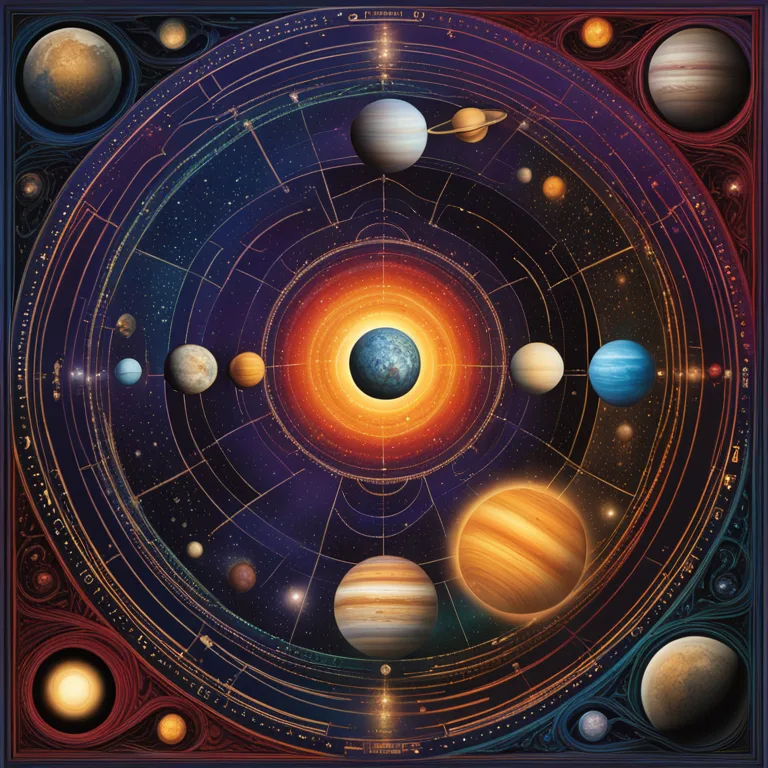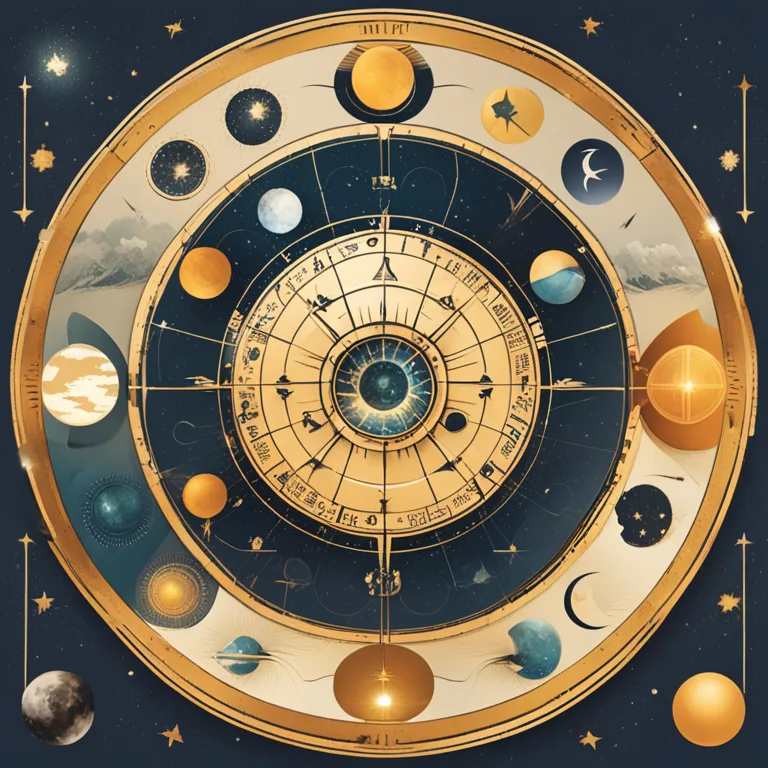
The Rationality Behind Horoscopes: A Holistic Approach
Delving into the world of horoscopes to explore its meaningful resonance in our lives, this article presents a logical perspective on why horoscopes can be considered more than mere superstition.
article by Isabella Marquez
Historical Context and Human Nature
The inclination to look towards the stars for guidance is as old as civilization itself. In the comfort of the cosmos, early humans sought to understand their place in the world. Ancient Babylonians charted celestial patterns, believing they influenced daily life. This fascination with celestial bodies has endured, evolving into the astrological practices we recognize today. While some dismiss horoscopes as mere superstition, a contextual analysis suggests a deeper, more intrinsic human quest for narrative and meaning in the random events that shape our lives.

Astrology and Personal Insight
Astrology, the parent science of horoscopes, proffers that celestial movements have a role to play in individual personalities and future prospects. Horoscopes, derived from astrological charts, provide insights tailored to each zodiac sign. Though scientific scrutiny is mixed, many individuals find personal truth and clarity in their horoscopes. With the conscious application and an open mind, horoscopes could potentially serve as a tool for self-reflection and personal growth, especially as we progress into 2024 and beyond, when seeking inner balance will become even more crucial in our fast-paced world.

Cyclic Patterns and Predictive Power
In the ever-unfolding tapestry of the cosmos, the cyclical nature of planetary movements is a grounding rhythm in the chaos of existence. This rhythm inspires the predictive aspect of horoscopes. As we approach the coming years, specifically from 2024 onwards, astrologers will observe the transit of planets like Jupiter and Saturn to forecast periods of growth, challenge, or transformation. While these predictions may not be precise for each individual, they offer a general trend that many find uncannily resonant.

Horoscopes as a Symbolic Language
Astrology, and by extension horoscopes, is often considered a symbolic language—the planets and zodiac signs represent different facets of human experience. Horoscopes, thus, provide a narrative framework through which we can interpret life's complexities. This symbolic language will continue to be relevant as we move further into the new era, especially as Uranus's journey through Taurus redefines our values and Neptune's passage through Pisces deepens our collective spirituality.
Community and Shared Experience
Horoscopes also serve a social and communal purpose, fostering a sense of connection among those who share the same sign or follow similar forecasts. In an increasingly isolated and digitalized future, the shared experience offered by horoscopes could reinforce community bonds. The brief yet insightful snippets into our potential future selves through daily or monthly horoscopes can act as conversation starters and as points of relation between individuals and within communities. As we embrace the Aquarian ideals of unity and collective consciousness, this role of horoscopes as a cultural glue becomes even more pronounced.
Pragmatism and Modern Relevance
An objective stance on horoscopes must acknowledge both their subjective psychological impact and their societal utility. In practical terms, horoscopes can be motivational tools. Ahead in this decade, individuals may utilize astrological guidance to embolden decision-making or as a source of comfort during tumultuous periods. Moreover, in an era of personal branding, one's zodiac sign can become part of their identity, reflecting traits they wish to emphasize or downplay in both personal and professional spheres.
Published: 1/4/2024
Modified: 1/4/2024
More predictions
Come back here soon to learn more about yourself and your future


Astrological Insights into Health and Wellness
Gain a deeper understanding of how your astrological birth chart influences your physical well-being and discover tips for maintaining health based on the stars.


Zodiac Health Guide: Stars and Wellbeing
Delve into the zodiac health chart and glean insights on wellness trends influenced by the stars. Discover astrological advice for a healthier life!